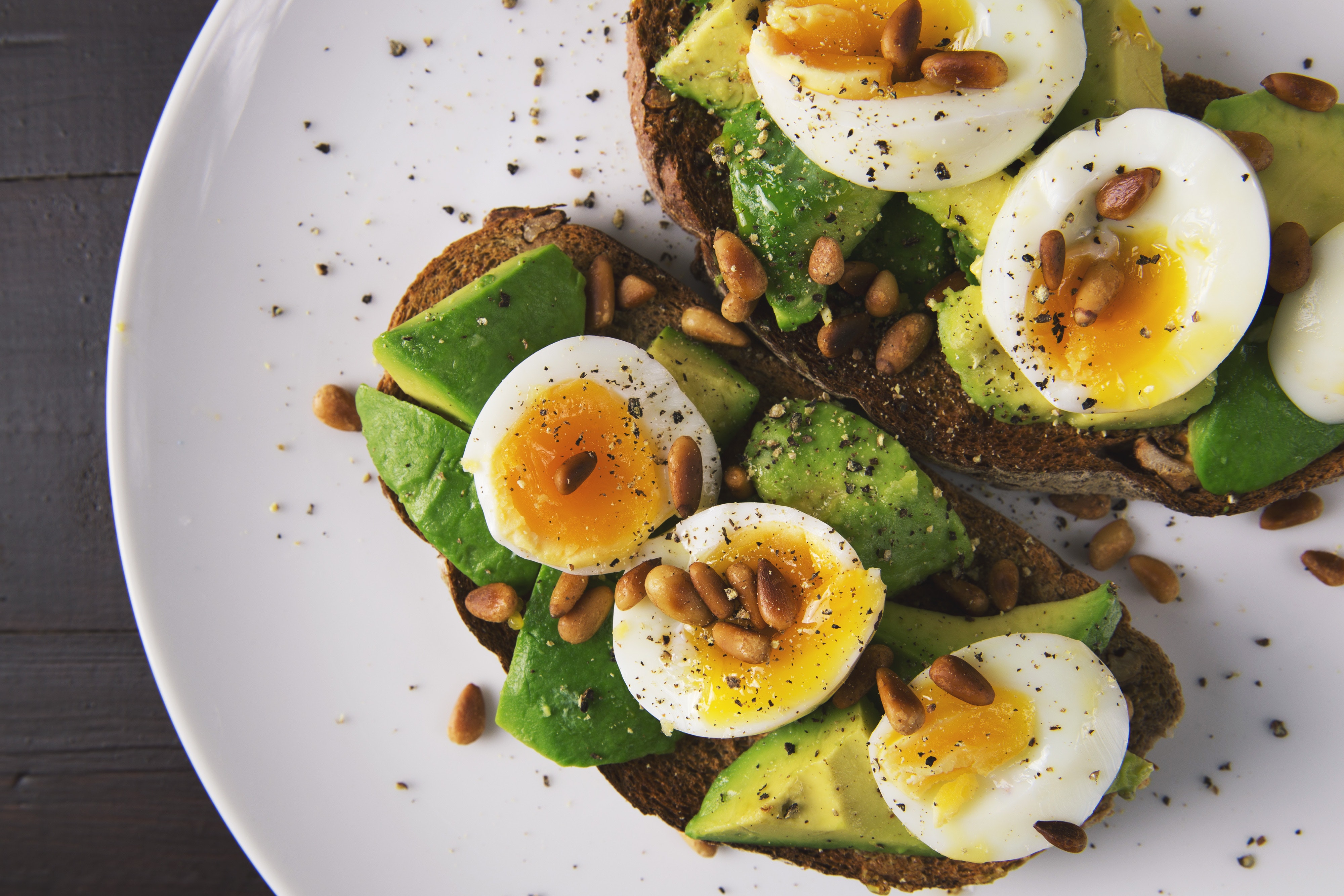If I were to ask when was the last time that you felt hungry – not peckish but really, really hungry – would you be able to tell me?
This is because excellent marketing campaigns and an overabundance of food options have turned us into passive eaters. We eat throughout the day, and try to combat our bad eating habits by going on periods of diet. Obesity has spawned a cottage industry of weight loss schemes, which are usually doomed for failure (Don’t take my word on it, there are countless research articles that talk about the high drop off rate of diets, and post-diet weight gain). This is often because most diets focus on controlling calories or abstaining from food groups, which isn’t really sustainable long-term.
Recent research suggests that it could be beneficial to control how you eat, instead of what and how much you eat. One way to do this is through Intermittent Fasting (or IF), which is a pattern of eating that restricts the time in which you are allowed to eat – cycling between periods of eating and fasting.
IF isn’t just another trendy fad diet, neither is it new – people have been fasting for religious or cultural reasons for centuries. If you’re wondering why we’re going back to this age-old practice that was championed by our grandmothers, it’s because there’s more to it than dated tradition.
Weight Loss: IF promotes weight loss and fat loss. By eating fewer meals you automatically restrict your calorie intake. During fasting, your insulin and glucose levels decrease, and stored body fat becomes accessible for use. IF has the ability to increase your metabolic rate by 3.6-14%. And though IF does not dictate what foods you should eat, if you’re looking to lose weight then it’s best to avoid carb-heavy meals during the eating window.
Health and Body: When you fast several things happen in your body on the cellular and molecular level: cells initiate cellular repair, digesting and removing old dysfunctional protein build up; levels of HGHs in your body increase considerably, causing fat loss and muscle gain; an increase in brain protein BDNF aids in the growth of new nerve cells. Studies have also suggested that practicing IF may reduce the likelihood of developing age-related diseases such as Alzheimer’s.
Reduces cravings: IF trains your body to not feel hungry all the time, and to recognize real hunger signals. This means that instead of craving food throughout the day, you eat more intuitively.
Improves digestion: If digestive issues like IBS, bloating, and gas have been the bane of your existence, IF could be for you. During fasting the digestive system gets a break from being overworked, which leads to improved digestion, more energy, and stable sugar levels.
Meal planning: We all lead busy lives and planning 5-6 healthy meals and snacks a day is stressful. Meal planning becomes easier when you cut down your total number of meals in the day.
Late Night Snacking: If you tend to snack late into the night, having rules in place may help avoid unnecessary snacking.
We’ve seen the various benefits associated with intermittent fasting, but are you wondering if it’s really for you? There are a few different ways in which you can practice IF – each has a different eating schedule, and the one you go for totally depends on your individual needs.
Types of Intermittent Fasting
- The 5:2 diet: In the 5:2 diet, you eat an extremely low-calorie diet (about 500 calories) 2 days a week and eat as you would normally for the other 5 days.
- Alternate day fasting: In this version of intermittent fasting, you eat as you normally would on the first day, and eat a low calorie (about 500 calories) diet the next day. You then continue this process of restricted eating or “fasting” on alternate days to achieve weight loss.
- Time restricted eating: This involves complete fasting for long periods and eating normally within the “feeding window.” A common way is the 16:8 method (16 hours of fasting + 8 permissible hours of eating – which means your first meal is around midday, after which you continue eating normally till about 8pm). This is the best for beginners as it’s relatively easy to follow. Since we usually have a 10-12 hour gap between dinner and breakfast, we practice IF anyway without realizing it.
So is intermittent fasting the magical solution to your diet troubles?
It’s Hard
As with any new diet, the first few weeks are hard. Since you’re used to eating throughout the day, suddenly not eating as much makes your body react to the change. After years of conditioning that ‘breakfast is the most important meal of the day,’ it can be hard to not wake up to a big breakfast. We have also heard countless times that skipping meals leads to headaches, bloating and weight gain, so it might take time to wrap your head around IF.
It’s important to ease into IF. Starting with a full 24 hour fast is probably not the best approach. I suggest:
- Drink lots of water while fasting
- Break your fast if you feel dizzy or sick
- Make sure you are eating a proper amount of calories; the goal is not to starve yourself
- Eat balanced meals with whole grains, fruits, vegetables, healthy fats and lean protein during the eating period
Overeating: You will be tempted to overeat when you break your fast. This is normal; as your body has been trained to binge eat for years. Be kind to yourself, know that your body is going through a learning curve and it will adjust over time.
Going Overboard: I urge you to do your own research, experiment, adjust, and see what pattern works for you. Take it slow and always listen to your body.
Who shouldn’t fast?
Fasting isn’t a suitable option for everyone. If you have difficult to control diabetes, chronic heart problems, renal issues, or a history of eating disorders (anorexia, bulimia etc.), IF is not recommended for you. Pregnant women, adolescents and those over 70 should avoid fasting as well. As always, speak to your medical professional if you have concerns.











